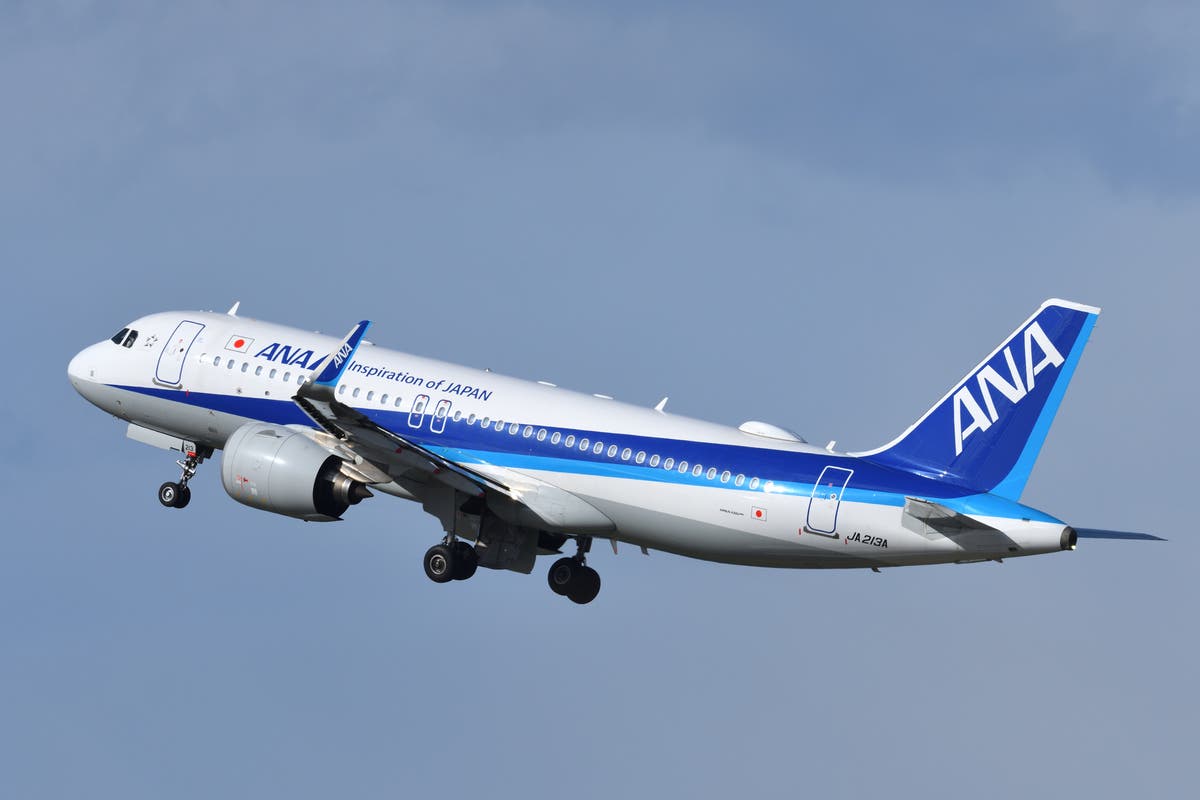This website uses cookies so that we can provide you with the best user experience possible. Cookie information is stored in your browser and performs functions such as recognising you when you return to our website and helping our team to understand which sections of the website you find most interesting and useful.

Simon Calder, also known as The Man Who Pays His Way, has been writing about travel for The Independent since 1994. In his weekly opinion column, he explores a key travel issue – and what it means for you.
A trip to Ireland always delivers generously in anticipation. I can hardly wait to begin this week’s: travelling the northern half of the Wild Atlantic Way, from Malin Head in County Donegal to Westport in County Mayo.
Unlike my first visit to the Republic, I will not be hitchhiking. Instead, I am taking advantage of airfares that are approaching “too good to be true” territory.
I fly out from London Heathrow to City of Derry airport at a civilised 8.45am on a comfortable Loganair jet. Last time I flew from London to the UK’s westernmost city, the departure airport was Stansted and the fare was £180. Given the City of Derry is (regrettably) a niche destination served by a 49-seat commuter jet, that is not unreasonable. And with Heathrow’s handsome handling fees, I imagined the one-way fare this time would top £200. Instead, it is just £54 – including a checked bag and a cup of tea on board.
Coming back, the fare from Knock to Stansted with Ryanair certainly doesn’t include hot drinks or luggage. But the 400-mile flight at an agreeable 6pm on a Friday evening costs only £16. In travel, if something looks too good to be true, it may just reflect intense competition between airlines.
But there are limits. Last month there was a flurry of activity in frequent flyer circles when someone identified a pricing glitch through some Vietnamese online travel agents. It appears that the Amadeus Global Distribution System – the reservations system used by many airlines – was using an exchange rate for Vietnamese dong that was completely out of line with reality.
In particular, All Nippon Airways flights starting from Indonesia to the US were priced at unprecedented low levels.
As news of the “mistake fares” spread online, hundreds of travellers grabbed bargains. Typically fares were just one-tenth of what they should have been, making business or first-class travel extremely affordable. Marc R was among the travellers who nabbed a bargain, picking up two return business-class tickets from Bali to New York for around £400 each.
Once the unexpected surge of worldwide premium flight bookings made in Vietnam was noticed, what was described as “a technical issue with the currency conversion” was closed down. Later, airlines contacted passengers who had booked bargains like Marc’s to explain that they “will cancel and fully refund all itineraries”.
Marc, though, believes he has a legal contract with the airline for luxurious transportation to NYC. He asks: “How are airlines allowed to determine that it was a mistake and void people’s tickets?”
The legal principle is that a contract can be annulled after a pricing error if the buyer knew, or should have known, that the price was implausibly low.
Five years ago, British Airways inadvertently sold thousands of tickets from the UK to Tel Aviv, Dubai and other destinations for a basic £1 plus taxes, fees and charges – much more cheaply than it intended. As I wrote at the time: when an airline’s seats are offered inadvertently at very low prices, financial or reputational damage is inevitable.
BA chose to annoy the passengers: telling them the fares they had paid were “manifestly incorrect” and annulling the bookings. A £100 voucher for future travel did little to assuage the fury of travellers. That British Airways fiasco was tricky because the cheapest BA return tickets from Heathrow to Tel Aviv were around £160 – pretty much exactly what I paid for a non-mistake trip from Luton to Israel with Wizz Air earlier this month. Passengers could plausibly claim that they thought the fares were genuine.
But in the case of last month’s “Amadeus aberration,” buyers were fully aware that they were seeking to exploit a blunder. Sadly, Marc has no right to anything beyond a refund.
“Mistake fares” are worth grabbing, because sometimes they are honoured. Across the Irish Sea, meanwhile, there are bargains to be had – and no mistake.



 Africana55 Radio
Africana55 Radio 
